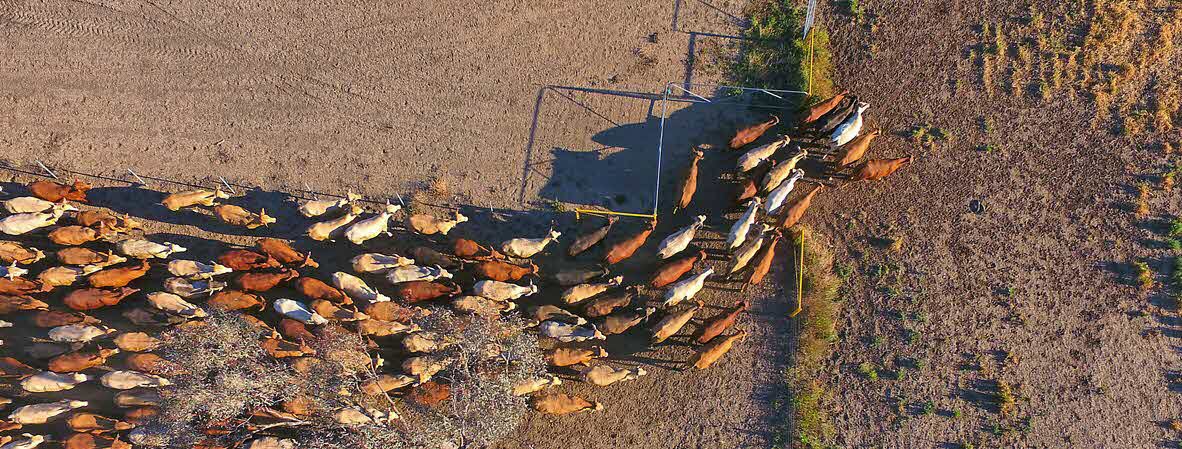
A new tech start-up founded by a working large animal vet is revolutionising farm management with new sensor and analytics technology. Iotag’s smart collars and ‘HomeBase’ software allow farmers to track animal location and movement, providing a range of key operational, health and grazing insights. We caught up with Iotag’s Dr. Matthew Petersen to learn more.
Hi Matt, tell us a bit more about how farmers can benefit from this new technology.
This is going to help farmers in the pastoral farming zones. There have been sensing and tracking tools available for 20 years in dairy cattle but none of it works on big beef properties, and the reason is that the networks just aren’t able to cope with the distances.
There are two main areas of benefit we are pursuing for farmers using Iotag – being able to know about a cow’s reproductive status and for managing teams of bulls (it will also help to better understand health events for cattle).
With cows, you want to know when they’re ready to breed and when they’re calving. With bulls you want to know where they are, are they in the right paddock? Are they working, or are they injured or lame?
This information is really important to a farmer and hard to get on a large pastoral
property. That’s where we come in.
The LORA (Low Power Long Range) wireless network system is the lynchpin. It can cover a 10-30km radius that you need on big farms, whereas other systems only go 1km. The farmer can buy one base station (around $3,000) and can then plug in up to 1000 data sensors – these can be placed on cattle, water troughs, fences, or used as switches – turning things on and off – a whole range of uses.
We wanted to bring to farmers one system that can track everything they need.
What inspired its creation?
Farmers are held back by a lack of time. As a large animal veterinarian, I see how my clients spend huge amounts of time checking things manually. Farmers need to drive past 100 water troughs to find the one that’s broken, and often that’s days too late.
How about a sensor tells you when the trough’s not working?
Freeing up farmer time in this way means they can spend more time on proactive planning, being more strategic about their farming, which will lead to better results, better run farms, and improved animal welfare.
Losing stock is not just financial for a farmer, it’s emotional. If we can help with this, we’re doing a good job for everyone involved.
Who is behind the company?
I went along to a few ‘ag tech’ meetup nights, for people interested in tech and solving farm and agriculture problems. They’re run by a group called SproutX, an innovation hub and start-up called Accelerator, based in Melbourne, set up to service the agriculture sector.
I met a bunch of interesting people there, in particular a guy called VJ. Originally from India, he’s an electrical engineer who’s worked on some pretty interesting projects, like digitising the supply chain for Caterpillar in the US.
We put together a prop for Iotag (which stands for Internet of Things for Agriculture), got accepted into the Accelerator program and then went about putting a team together – a designer, an expert in the wireless networks we use, and others. The program really gave us a leg-up with funding and resources.
What next for the technology?
Three things, we just secured a project with Meat & Livestock Australia in WA, looking at multi-species behaviour at water troughs. That’s pretty exciting.
We’re also bringing our water trough monitor to market, and finally we’re doing capital raising. Software engineering, custom hardware and actual marketing and distribution are our biggest costs. It’s expensive getting this project off the ground.
This article originally appeared in the September 2018 issue of the Australian Veterinary Journal (AVJ).
